- By Holly Seale
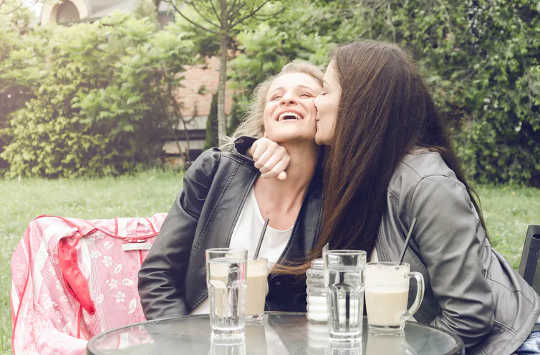
People are not necessarily keeping their distance in their family home. It’s a natural thing, you let your guard down.
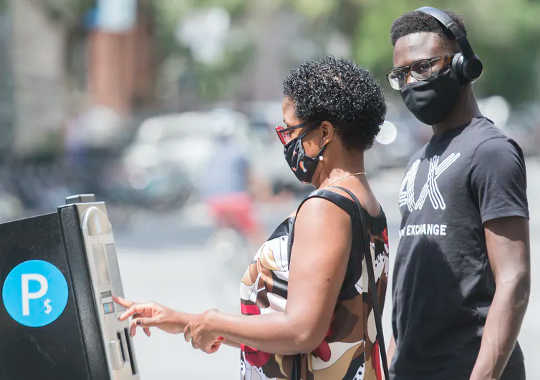
While inspired by growing evidence that masks can reduce the spread of COVID-19, this seems deeply ironic in a province so opposed to face coverings that Québec passed legislation that forbade people from receiving certain government services if their face was covered.
- By Poppy Brown

Holding wide, expansive postures – known as power poses – were once thought to boost confidence by producing hormonal changes and making us feel psychologically more powerful.
- By Jochem Thijs
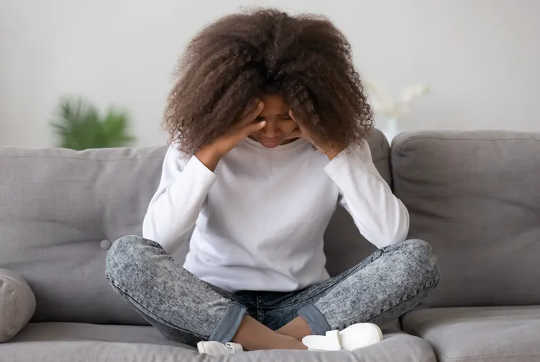
Discrimination against minority groups can be difficult to prove. Perpetrators are typically motivated to deny their prejudices, and are not always aware of their biases.

Research suggests there are two types of employees who work from home: segmenters and integrators.
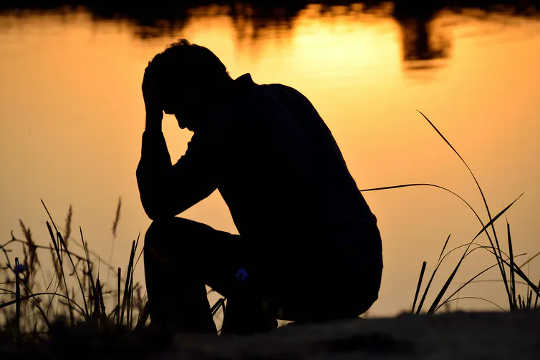
Among men, why do some use violence? Why do other men drink to excess and feel hopeless or suicidal, while many men do not?
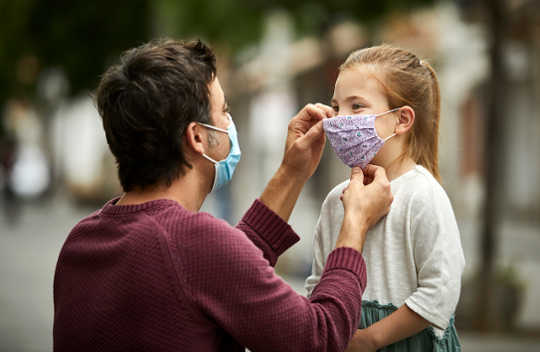
As the COVID-19 pandemic rages on, many people have found themselves serving as armchair epidemiologists and pundits, tracking the virus, projecting the future, and browbeating people who refuse to stay home or wear masks.
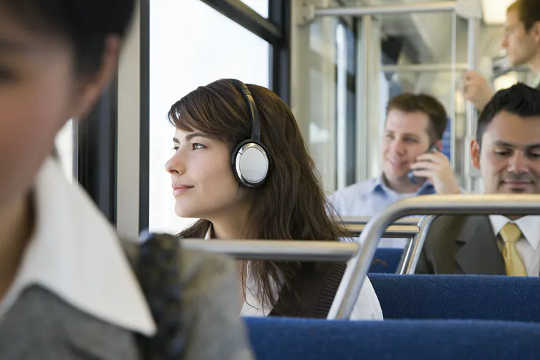
The COVID-19 pandemic has sparked a unique experiment in mass homeworking. It’s the first time since before the industrial revolution that most people are working in the same space that they live.
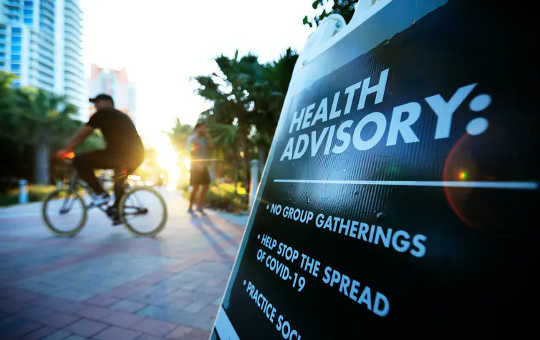
Florida is an international crossroads, a magnet for tourists and retirees, and its population is older, sicker and more likely to be exposed to COVID-19 on the job than the country as a whole.
- By Yasmin Anwar

Our ability to pinpoint the exact location and size of things varies from one person to the next, and even within our own individual field of vision, according to a new study.

As COVID-19 spread in Britain, journalists and politicians took to comparing the pandemic to the blitz.
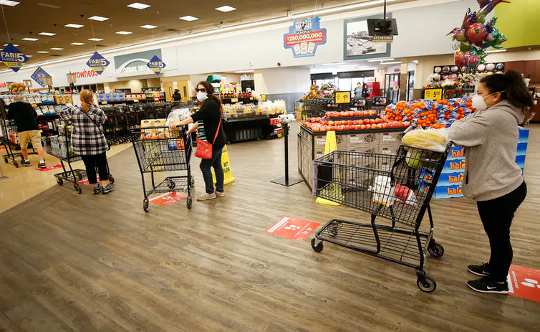
As states struggle to get the COVID-19 balance right – between eased restrictions and rising infection rates – it falls to individuals to abide by mask-wearing rules and to maintain six feet of distance between themselves and others when out and about.
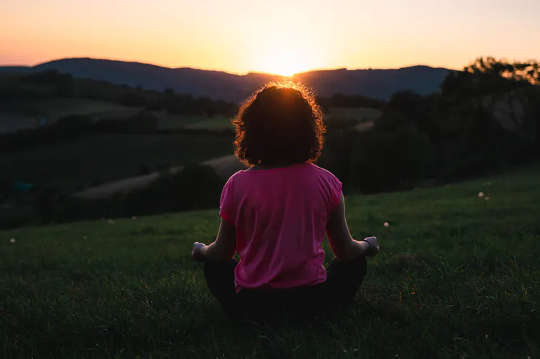
As people in the U.S. mark six months of coronavirus, the challenges of coping with life during a pandemic continue to evolve.
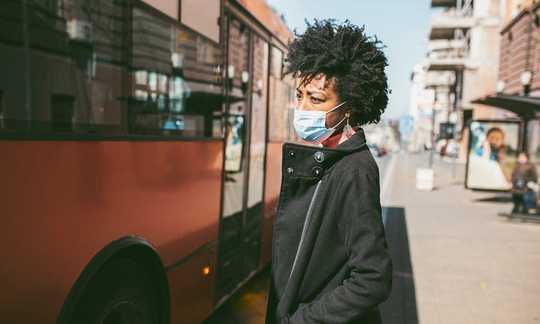
The coronavirus pandemic catapulted the country into one of the deepest recessions in U.S. history, leaving millions of Americans without jobs or health insurance.
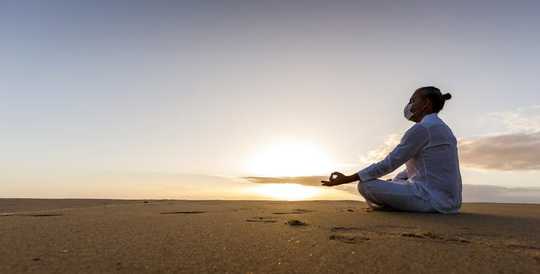
We seem to have mastered the perfect recipe for chaos: a global ecological emergency, humanitarian crises and to top it off, a pandemic of epic proportions
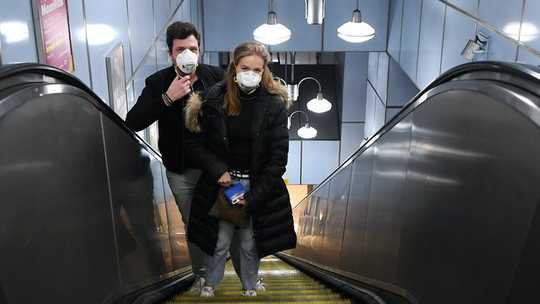
You may have noticed that some people have responded very differently to new rules on lockdown and social distancing. Some seem appalled. Other reassured. What might account for these differences?
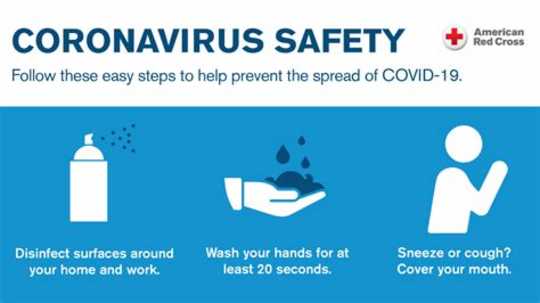
With residents in ten Melbourne postcodes banned from non-essential travel until at least July 29, the need for continued vigilance is clear.

Bemoaning uneven individual and state compliance with public health recommendations, top U.S. COVID-19 adviser Anthony Fauci recently blamed the country’s ineffective pandemic response on an American “anti-science bias.”
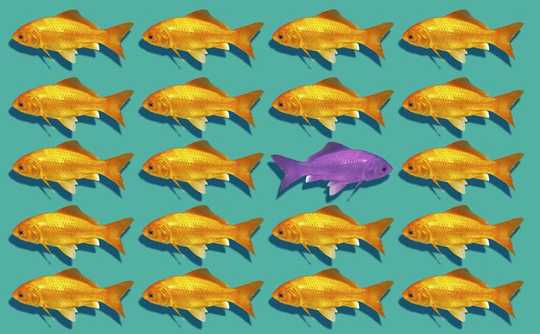
Two Theranos employees – Erika Cheung and Tyler Shultz – spoke out about their concerns regarding the company’s practices, even though they knew they could face lasting personal and professional repercussions.
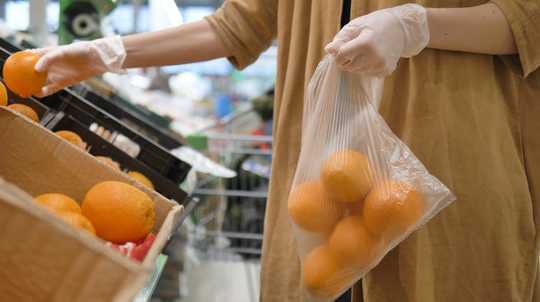
There have been numerous reports of people deliberately licking products and surfaces in supermarkets and filimg it. These “licking videos” are then often posted on social media sites like TikTok, Snapchat or YouTube for all to see.
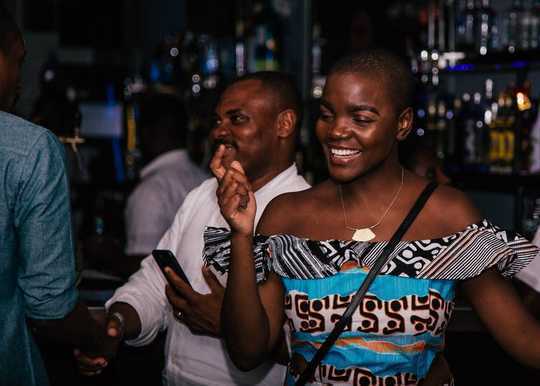
The traditional bar is a complex social space and serves so many functions.
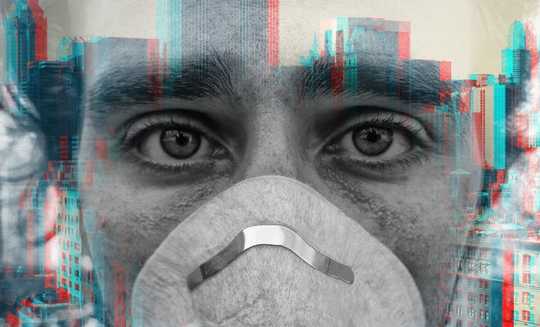
One of the hallmarks of obsessive-compulsive disorder is contamination fears and excessive hand-washing.
- By Jo Daniels
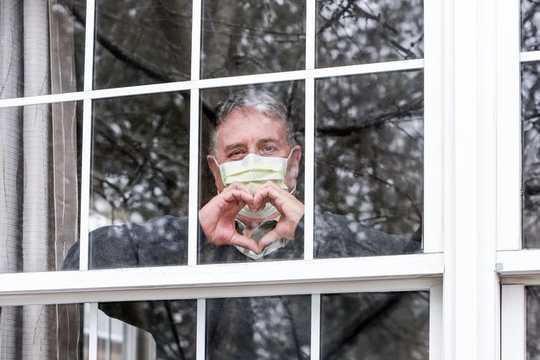
For the last three months, around two million people have “shielded” themselves against the novel coronavirus by staying indoors, on recommendation of the UK government.














